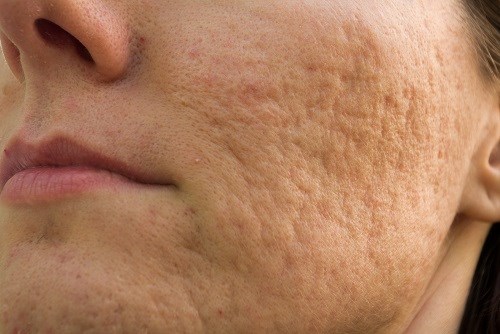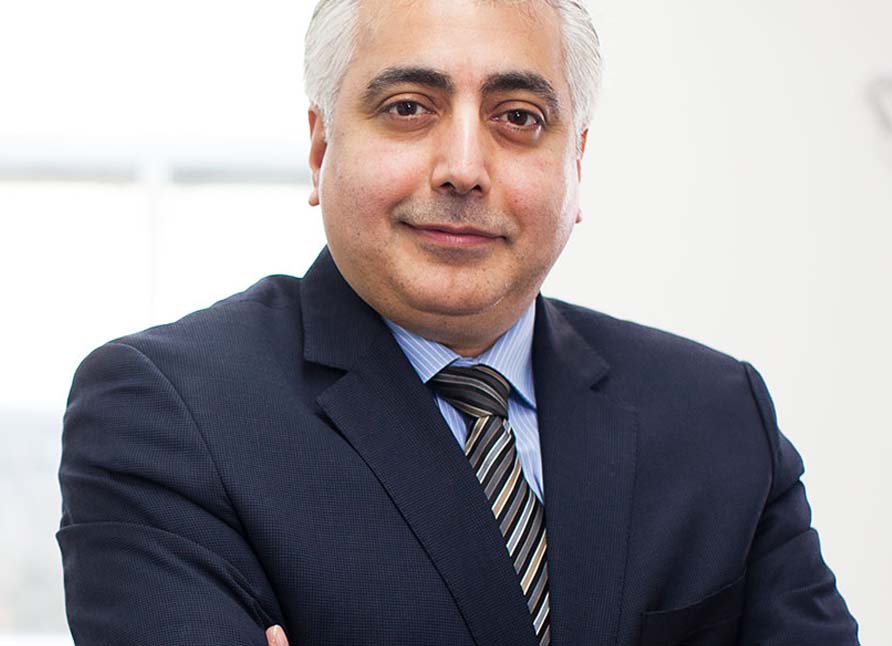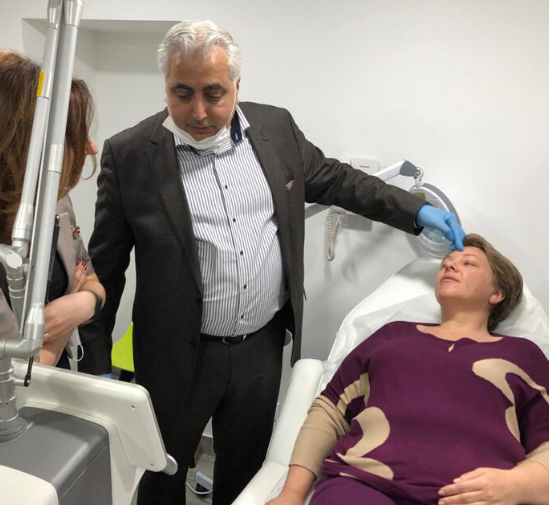 1st December 2016
1st December 2016
Everything You Need To Know About Acne Scarring
Causes of Acne Scarring
It really needs to be noted that there are differences between just acne marking and acne scarring. Acne scarring occurs similarly to any other scar you might develop – because the skin frantically tries to heal itself following trauma. Inflammatory acne, consisting of cystic pimples, contains more enzymes in that specific area than normal which leads to the production of more white blood cells than usual and consequently further destruction. Living with acne scarring can be very self-destructive in terms of our confidence. Unsightly scarring can cause us to become very self-conscious and anxious, especially in public and is something that we shouldn’t have to suffer with. This can affect our social life and personal relationships, which can have serious consequences in terms of our mental health.
Types of Acne Scars
There are various types of acne scarring, including:
- Hypertrophic/Keloid scars – hard, thick scarring
- Atrophic scars – scarring that is either depressed or flat and thin
- Rolling scars – broad depressions with sloping edges
- Boxcar scars – alternatively, these are broad depressions with defined edges
- Ice-pick scars – pitted scarring that is both deep and narrow
Each different type of acne scarring also requires specific treatment due to their individual nature. For example, dermabrasion can be used to treat most scarring other than hypertrophic scars, and laser resurfacing can only be used to treat ice-pick and boxcar scarring.
Laser Treatment for Acne Scars
As mentioned briefly above, laser skin resurfacing and rejuvenation is a great option when it comes to the treatment of ice-pick and boxcar acne scarring. A beam of thermal energy penetrates deep into the skin with immense precision to heat the target area and destroy the damaged skin. Through injuring this skin, your body will then begin to create new skin to take its place that is significantly tighter with fewer wrinkles and also fewer pores. The time it takes to complete your treatment depends on the size of the target area and in terms of the results; you can expect to notice them around a week post-treatment in the time it takes for your skin to heal naturally. During this time you will most likely need to take time off from work in order to recover.
Acne Scar Treatment in London
Dr Firas Al-Niaimi is a dermatologist and laser specialist whose private practice is primarily based on Harley Street in London. He possesses a lifetime of training and experience, making him a highly regarded leader within his field. If you feel as though you could benefit from laser skin resurfacing, waste no time in booking a consultation with Dr Al-Niaimi today. He will assess your specific wants and needs so as to effectively create a treatment program suited to you. Take that first step towards a ‘happier, confident you’ and don’t let acne scarring hold you back.






